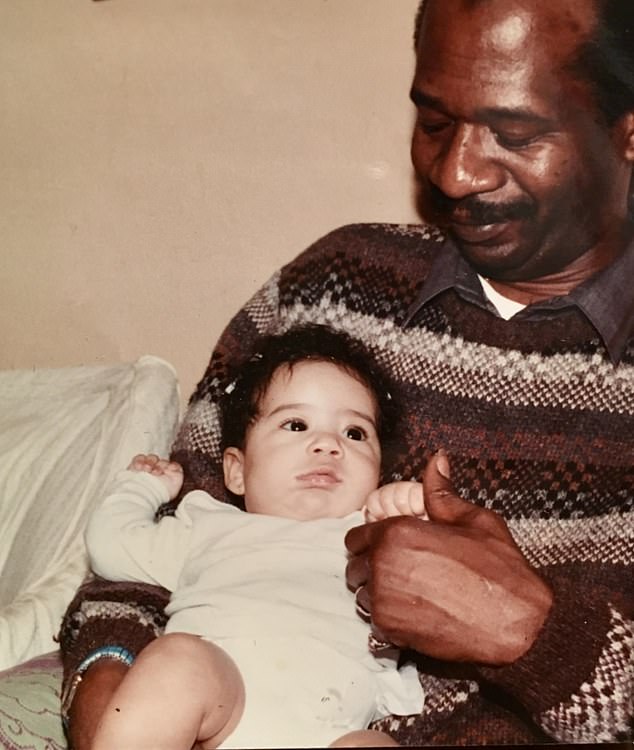I trained myself to lucid dream so I could interact with my late father and process my grief – how you can too
A New York psychotherapist has revealed how she uses lucid dreaming to cope with the grief of losing her father.
Attiya Awadallah told DailyMail.com: “When my father passed away suddenly in 2017, I never expected to see him again,” she said.
‘But through lucid dreaming I have had several encounters with him that felt as real as life itself. In one dream he was repairing the boiler in the kitchen, and I helped him by holding a flashlight – something that could easily have been done when he was alive.
“It felt so real, almost like I was there with him, just doing something normal together.”
Awadallah has taught herself how to manifest the interactions – and she encourages others to do so as they too struggle with the loss of a loved one.
Every night, as she tried to drift off, she continued to play out cheerful scenarios involving her father in her head. This ‘rehearsal’ stimulates your imagination, she claims.
The second step is to keep a dream journal and think about your dreams regularly throughout the day.
This blends the two states of consciousness – when she is awake and when she is asleep – and gives Awadallah more control over her dreams.
“Writing down dreams as soon as you wake up helps strengthen your connection to them, making it easier to become lucid over time,” Awadallah said.
Arizona-born Awadallah says the ‘powerful’ lucid dreams in which she meets her father, who died suddenly in 2017, have helped her cope with her grief

Attiya Awadallah and her father when she was a baby. He died suddenly in 2017, but visits her in her dreams
‘Drawing parts of the dream can also help deepen the connection. Sometimes I use the voice-to-text feature on my phone to capture details quickly when I can’t write as quickly as I remember.’
She added: ‘What worked for me was rehearsing the dream in my head as I fell asleep – imagining the scenario, as if I were seeing my father and being in his presence. It’s like setting an intention before you go to sleep,” she said.
“You can also revisit a dream you’ve already had and imagine how you want it to continue or end.”
Awadallah said her father never says much during her dreams – and that it is “about his presence” rather than communicating.
Lucid dreaming is the state of being conscious and aware while dreaming, usually during REM (rapid eye movement) sleep.
And about 55 percent of people have had at least one lucid dream during their lifetime.
This experience has been studied since the 1960s, but has long been part of the practices of Tibetan Buddhism, which views lucid dreaming as mediation and a way to increase consciousness in the real world.
Although Awadallah said seeing her father in that state has helped her grieve less, there are times when she doesn’t know she’s just dreaming.
“It’s a surreal mix of comfort and loss, leaving me with emotions that linger long after I wake up,” she said.
‘These dreams do not take away the pain of loss, but have become an unexpected part of my healing process.
“They allow me to experience moments of connection and provide a way to process my grief by re-experiencing His presence in a way that feels tangible.”
However, Awadallah no longer consciously tries to dream about him, but believes that lucid dreaming can be an “unexpected gift” in dealing with such experiences.
